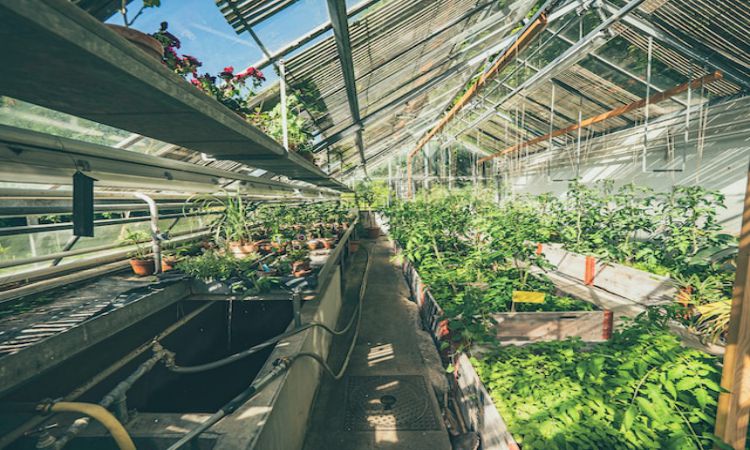 In the field of modern agriculture, safety and efficiency are paramount. The integration of sensors can significantly elevate the standards in both crop farming and livestock farming. It ensures a secure and streamlined operation. ATEX approved sensors are specifically designed to function in potentially explosive atmospheres, and as such these are the ideal choice for enhancing safety measures in diverse agricultural environments. However, there are many kinds of sensors that you can benefit from using in your business.
In the field of modern agriculture, safety and efficiency are paramount. The integration of sensors can significantly elevate the standards in both crop farming and livestock farming. It ensures a secure and streamlined operation. ATEX approved sensors are specifically designed to function in potentially explosive atmospheres, and as such these are the ideal choice for enhancing safety measures in diverse agricultural environments. However, there are many kinds of sensors that you can benefit from using in your business.
Top 4 Reasons to Adopt Sensors
1. Ensuring Precision in Crop Farming
In crop farming, where precision is crucial for optimal yield, sensors play a pivotal role. These sensors provide real-time data on various environmental factors such as temperature, humidity, and gas levels. By actively monitoring these parameters, farmers can swiftly detect any deviations that might indicate potential hazards. This proactive approach reduces the risk of accidents for both personnel and crops.
2. Enhancing Livestock Welfare
Livestock farming also stands to benefit significantly from the implementation of approved sensors. These sensors can monitor conditions within livestock housing, such as temperature, and gas concentrations, as well as give an indication of how well ventilation is working. Additionally, sensors help in identifying any hazardous conditions that could arise, for instance, if there’s too much ammonia, allowing farmers to take immediate corrective actions and safeguard the health of their livestock.
3. Streamlining Operations with Automated Alerts
If your sensors are connected to a controller, then in the event of any irregularities or potential risks, your sensor can trigger immediate notifications in the controller. This not only prevents accidents but also contributes to the overall efficiency of agricultural operations. With timely alerts, farmers can address issues promptly, mitigating potential damage to crops or livestock, so investing in the equipment to receive automated alerts may be worthwhile.
4. Compliance and Certification in Agriculture
Ensuring compliance with safety standards is a priority in agriculture. Ensure that the sensors you’ve chosen are suited for the conditions they have to be operating in. If the conditions are potentially explosive, such as in a grain silo, ATEX-approved sensors may be the optimal choice, but always make sure you check which certifications a sensor has before purchase.











